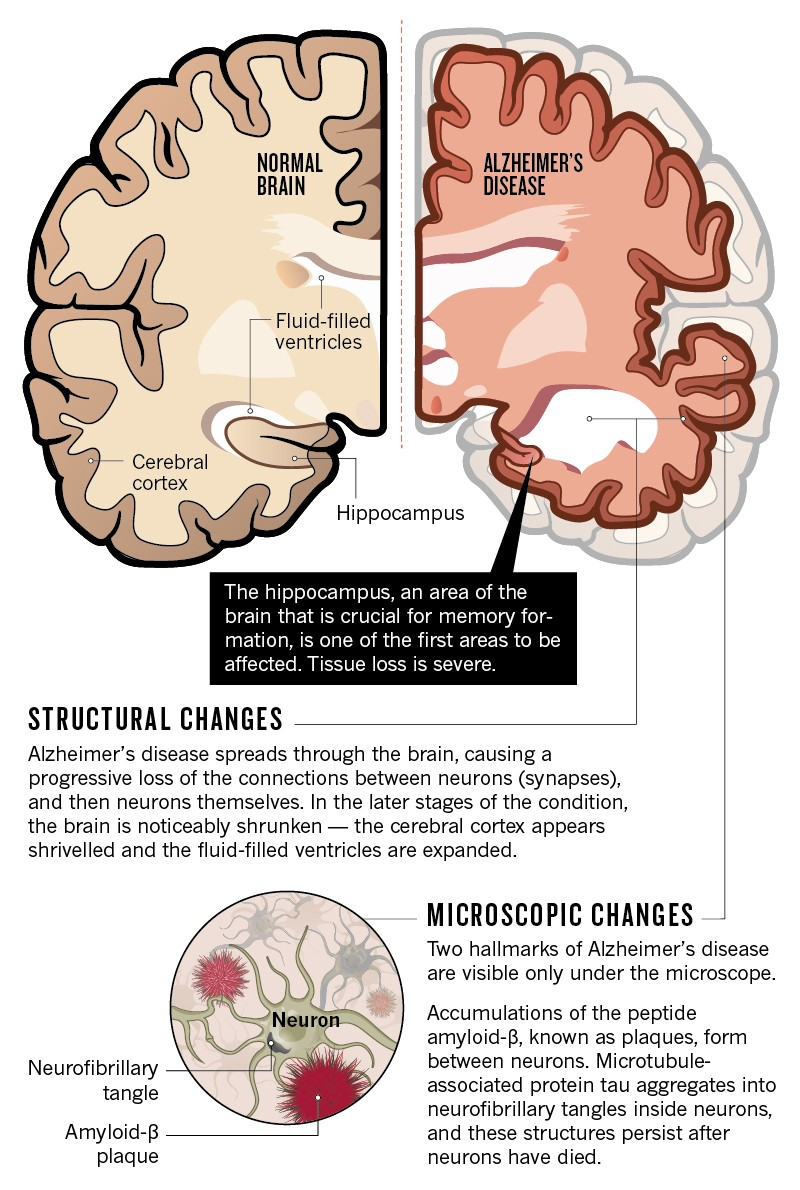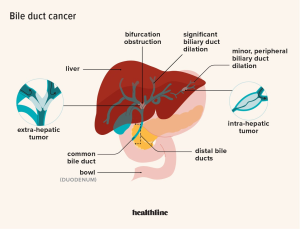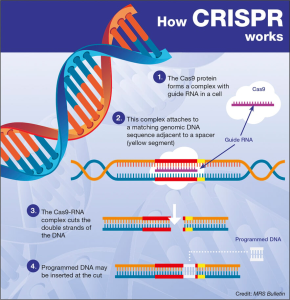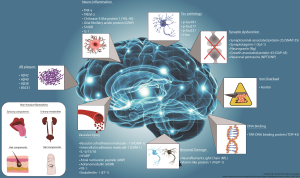
Age-Related Brain Diseases pose a significant challenge as millions grapple with conditions like stroke, dementia, and late-life depression. Recent research has pinpointed 17 modifiable risk factors that contribute to the onset of these conditions, emphasizing the importance of proactive health management. By addressing these factors—such as high blood pressure, poor diet, and lack of physical activity—individuals can potentially lower their chances of developing serious brain health issues. This knowledge opens the door for effective dementia prevention strategies, supporting a shift towards brain health improvement as we age. Understanding how modifiable risk factors influence these interconnected diseases can empower us to take control of our health as we enter our senior years.
The complexities of cognitive decline and emotional health in older adults often manifest in various forms, such as strokes and neurodegenerative diseases. These conditions, often categorized as age-related cognitive disorders, highlight the intricate relationship between mental wellness and physical health in late life. Researchers have identified numerous lifestyle adjustments that can be tailored to mitigate the effects of such disorders, confirming that factors affecting our well-being are not set in stone. Importantly, concepts like cognitive resilience and emotional stability can be promoted through intentional lifestyle changes, paving the way for a more informed approach to battling these conditions. As we delve into the intricacies of late-life brain health, it becomes essential to recognize the role of personalized interventions in enhancing quality of life.
Understanding Age-Related Brain Diseases
Age-related brain diseases, including dementia, stroke, and late-life depression, represent a growing concern in public health. As populations age, the prevalence of these conditions continues to rise, underscoring the importance of understanding their shared risk factors. By examining the relationships between these disorders, researchers can uncover strategies that not only mitigate the risk but also improve overall brain health. This understanding facilitates targeted interventions aimed at preventing or delaying the onset of these debilitating conditions.
Recent studies have uncovered that these age-related brain diseases share multiple risk factors, such as high blood pressure, diabetes, and poor diet, which can be modified through lifestyle changes. This highlights a significant opportunity for health professionals and individuals alike to adopt preventive measures that contribute to brain health improvement. Engaging in regular physical activity, maintaining healthy blood pressure levels, and fostering social engagement are just a few ways to potentially lower the risk and enhance quality of life.
Frequently Asked Questions
What are the main modifiable risk factors for age-related brain diseases such as stroke and dementia?
Research has identified 17 modifiable risk factors for age-related brain diseases, including high blood pressure, diabetes, kidney disease, total cholesterol, alcohol use, diet, physical activity, and smoking. Modifying these factors can help reduce the risk of stroke, dementia, and late-life depression.
How can stroke risk factors influence the development of age-related brain diseases?
Stroke risk factors, such as high blood pressure and diabetes, significantly impact the incidence of age-related brain diseases. Addressing these factors not only lowers stroke risk but also helps prevent dementia and late-life depression, highlighting the interconnectedness of these conditions.
What role does physical activity play in the prevention of age-related brain diseases?
Insufficient physical activity is a major risk factor for age-related brain diseases like stroke, dementia, and late-life depression. Engaging in regular physical activity can improve overall brain health and reduce the likelihood of developing these conditions.
Can a healthy diet contribute to dementia prevention?
Absolutely. A healthy diet can play a crucial role in dementia prevention and the overall management of age-related brain diseases. Poor dietary choices are linked to higher risks of stroke, dementia, and depression, making dietary improvements a vital modifiable risk factor.
How does social engagement impact late-life depression and other age-related brain diseases?
Lack of social engagement is a significant risk factor for late-life depression, which can also influence the development of other age-related brain diseases like stroke and dementia. Maintaining social interactions can help reduce depression risks and improve brain health.
Is there a connection between stress and age-related brain diseases?
Chronic stress is linked to an increased likelihood of late-life depression and has been shown to affect brain health negatively. Managing stress through various techniques may help reduce the risk of developing age-related brain diseases.
What is the Brain Care Score and how does it relate to age-related brain diseases?
The Brain Care Score is a tool developed to assess efforts in protecting and enhancing brain health. It reflects the latest research on modifiable risk factors for diseases like stroke, dementia, and late-life depression, guiding individuals in taking preventive measures.
Why is it important to address modifiable risk factors for age-related brain diseases?
Addressing modifiable risk factors is crucial because it can significantly reduce the incidence of age-related brain diseases, such as stroke, dementia, and late-life depression. By focusing on these factors, individuals can improve their brain health and quality of life.
| Risk Factor | Associated Conditions | Impact |
|---|---|---|
| Diabetes | Stroke, Dementia, Depression | Increases risk for all three. |
| Blood Pressure | Stroke, Dementia, Depression | Major risk factor for all three conditions. |
| Kidney Disease | Stroke, Dementia, Depression | Heightens overall risk. |
| Fasting Plasma Glucose | Stroke, Dementia | Elevated levels pose risks. |
| Total Cholesterol | Stroke, Dementia | High levels increase risk. |
| Alcohol Use | Stroke, Dementia, Depression | Excessive intake contributes to risk. |
| Diet | Stroke, Dementia, Depression | Poor diet raises risk. |
| Hearing Loss | Dementia | Modifiable risk factor for dementia. |
| Pain | Depression | Chronic pain is linked to depression risk. |
| Physical Activity | Stroke, Dementia, Depression | Insufficient activity raises risk. |
| Purpose in Life | Depression | Lack of purpose can lead to depression. |
| Sleep | Depression | Poor sleep affects mood and risk levels. |
| Smoking | Stroke, Dementia, Depression | Significant contributor to all three. |
| Social Engagement | Depression | Low engagement heightens risk. |
| Stress | Depression | Chronic stress increases risk. |
| Depression | Other conditions | Untreated depression can elevate other risks. |
| Obesity | Stroke, Dementia, Depression | Linked to increased risk across the board. |
Summary
Age-Related Brain Diseases such as stroke, dementia, and late-life depression share numerous risk factors that can be modified to help reduce the likelihood of developing these conditions. Researchers have identified 17 common factors linked to these diseases, emphasizing that making lifestyle changes in areas like diet, physical activity, and social engagement can help mitigate risks. Understanding and addressing these modifiable factors represents a significant opportunity for preventing the onset of multiple age-related brain diseases, ultimately supporting healthier aging and enhancing quality of life.



